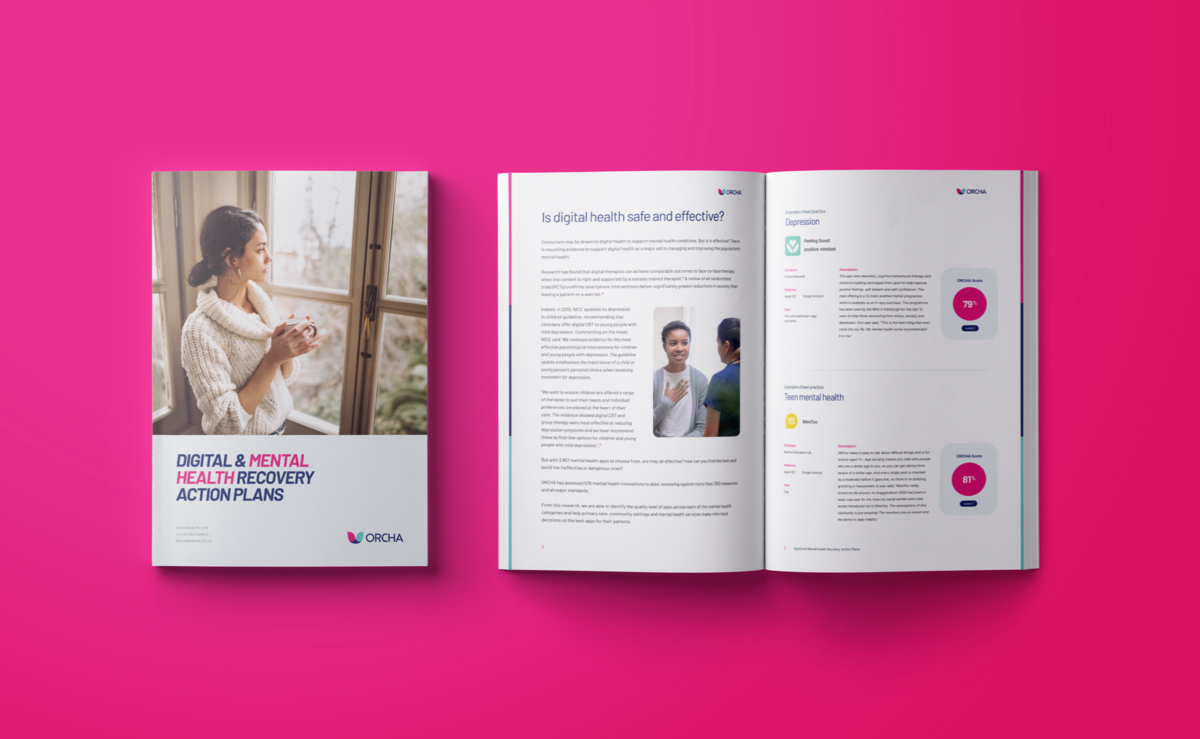With mounting evidence that mental health problems have become even more prevalent since the pandemic, in the UK, the government has developed a Mental Health Recovery Action plan. Backed by £500 million, it aims to respond to escalating mental health issues, specifically targeting groups that have been most impacted including those with severe mental illness, young people, and frontline staff.
During lockdown, services turned to digital, switching from in-person help to a range of digital services, such as patient-to-clinician platforms, digitally-enabled treatments, mental health and wellbeing apps, chatbots, and social support networks.
As services deliver against the mental health recovery action plan and COVID-19 restrictions lift, we ask: what is the role of digital now?
Click on the PDF icon below to download our report, and discover:
- Which patients prefer online support, advice, and counseling?
- Search volumes across mental health categories, including a 2483% rise for mindfulness apps.
- Why do only 32% of digital health for mental health meet quality thresholds? In which areas does this figure drop even further?
- 5 examples of mental health apps that meet standards.
- What should mental health recovery action plans include?
If you are experiencing any issues with downloading the report, or want to know more, please get in touch with us at hello@orchahealth.com.






